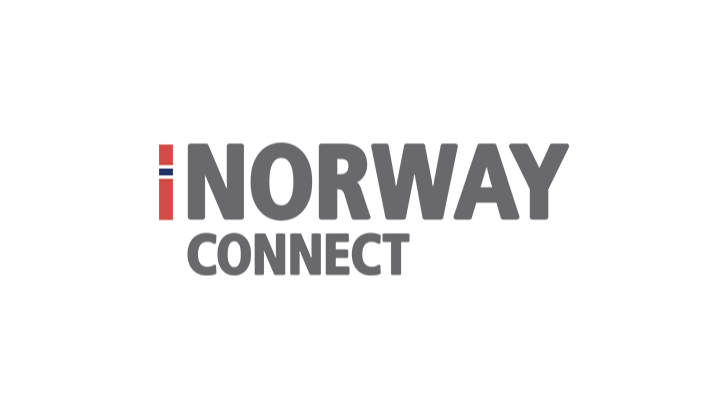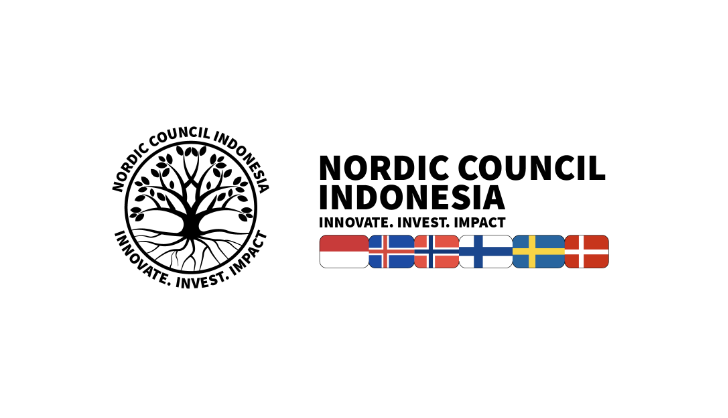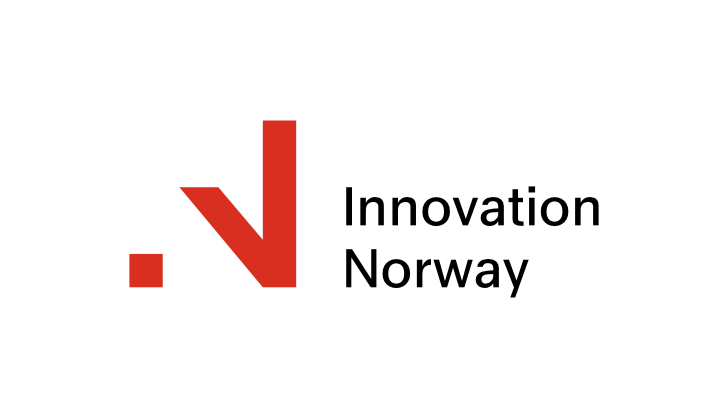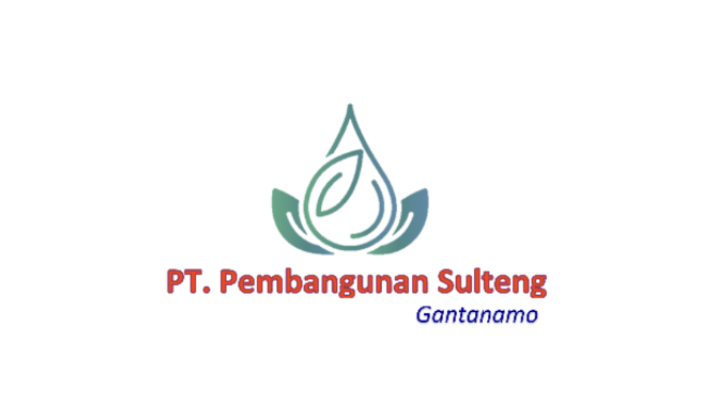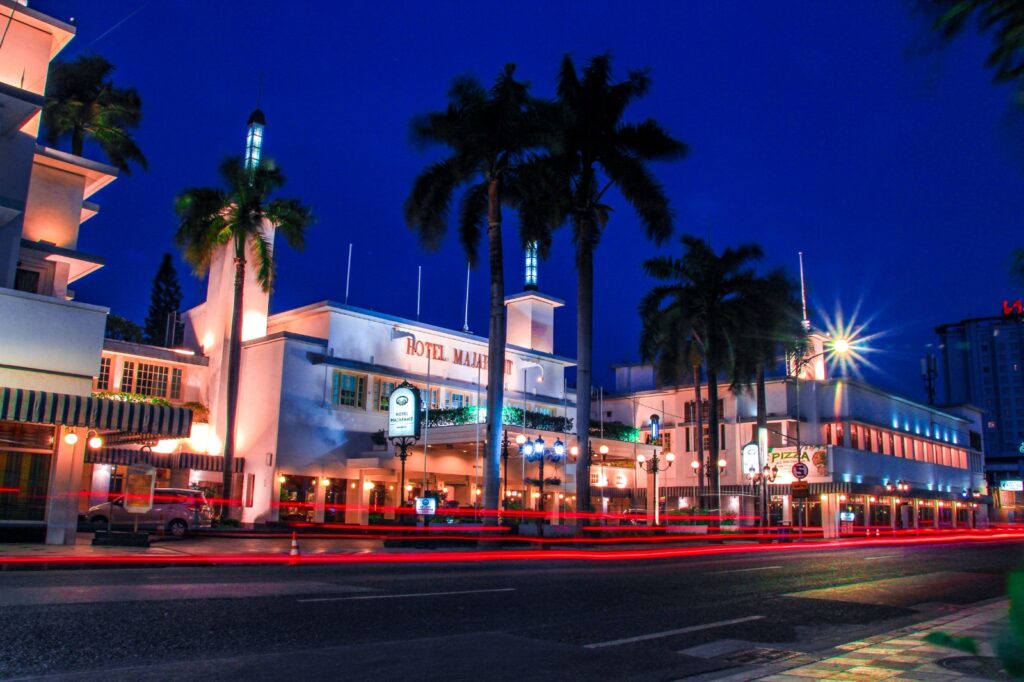
Surabaya, the City of Heroes, and capital of East Java is the second largest city in Indonesia after Jakarta, has a population of just over 3-million people in the city limits (source: World Population Review) and more than 10-million people in the extended Surabaya metropolitan area. As a port city, Surabaya is often compared to Rotterdam in terms of its commerce and economic significance. Like its Dutch counterpart, Surabaya is known for its canals, diverse population and industry and a number of major companies and business hubs are located there. It’s a melting pot of opportunities for investors.
Over the years, the mix of cultures and ethnicities including those from Javanese, Chinese, and Arab traders have all had significant influences on Surabaya, contributing to the city’s vibrant entrepreneurial spirit and helping to create it its own unique character that sets it apart from other cities in Indonesia.
In addition, the city has a highly educated workforce, with a number of universities and vocational schools located in the region, including Airlangga University, one of the top universities in Indonesia. According to the Indonesian Central Statistics Agency, the city has a literacy rate of 99.6-percent, which is higher than the national average of 94.2-percent.
Surabaya also has great potential as a tourist destination with a number of attractions, including historical sites, museums, shopping centres, and nearby natural wonders like Mount Bromo. The proud moniker of Kota Pahlawan (the City of Heroes) is due to the importance of the Battle of Surabaya during Indonesia’s struggle for independence and according to the Surabaya Tourism Board, the city received 1.6-million domestic tourists and 135,000-foreign tourists in 2019, generating revenue of IDR 1.5-trillion in the city’s tourism industry.
Many investors only think of Jakarta as the best place to test markets and products, but those in the know, also aware that Surabaya has been a hot spot for development and economic growth for years. Indonesia has been on the highway (pun intended) to boost the country’s development and economic growth and Surabaya is living proof of that effort, continuing to create paths that ease the business process for Foreign Direct Investment (FDI.) The two-term president Mr Joko Widodo (Jokowi) has been pushing the region’s development and continues to do so, recognizing that because of its strategic position, Surabaya is the perfect central gateway for this vast archipelago.
How Indonesia works
No two countries are the same. Indonesia operates with both a central government and local governments dividing projects and budgetary responsibilities. The central government sets national policies and priorities, while local governments implement projects using allocated funds. This makes sense when considering how large Indonesia is and local governments are expected to be more familiar with their regions than the central government. This system promotes flexibility and equitable development but may also lead to uneven implementation and potential corruption issues. It’s far from perfect, but this remains a significant feature of Indonesia’s political system and it’s also where things can get competitive.
Healthy competition between the cities in Indonesia is actually encouraged by the central government as it leads to innovation. And in this sense Surabaya has been the leading innovator in the sphere of city planning, development and easing the business process for both MSMEs and large corporations.
Recent developments in Surabaya
Surabaya has undergone significant infrastructure development in recent years, with projects focused on transportation, energy, and water supply. One such project is the construction of the Suramadu Bridge, which connects Surabaya with the nearby island of Madura.
The bridge, which is the longest in Indonesia, has improved connectivity and facilitated economic development in the region. In addition, the city is currently constructing a mass rapid transit (MRT) system, which is expected to be operational this year (2023.) This will provide a much-needed boost to public transportation in Surabaya, making it easier for residents and visitors to navigate the city. According to the Indonesia Infrastructure Initiative, an Australian Government-supported initiative aimed at promoting economic growth by working with the Government of Indonesia to enhance infrastructure policy, planning and investment, Surabaya is one of the leading cities in the country in terms of infrastructure development.
The Green City of Surabaya
Surabaya has received a lot of accolades in recent years for its effort to become one of the greenest cities in Indonesia and the world. The city has been recognized with several awards for its efforts towards becoming a leading green city. It won the ASEAN Environmentally Sustainable Cities Award in 2012 and the Adipura Kencana Award for eight consecutive years from 2010 to 2018. This award recognizes cities in Indonesia that excel in cleanliness, environmental management, and waste management.
Surabaya also won the Indonesia Sustainable City Award in 2017 for its sustainable and liveable city initiatives. Additionally, Surabaya was a finalist in the United Nations Public Service Awards in 2016 for its programmes to improve waste management and reduce landfill usage. These awards demonstrate Surabaya’s commitment to sustainable development and its efforts towards becoming a leading green city not only in Indonesia, but also globally.
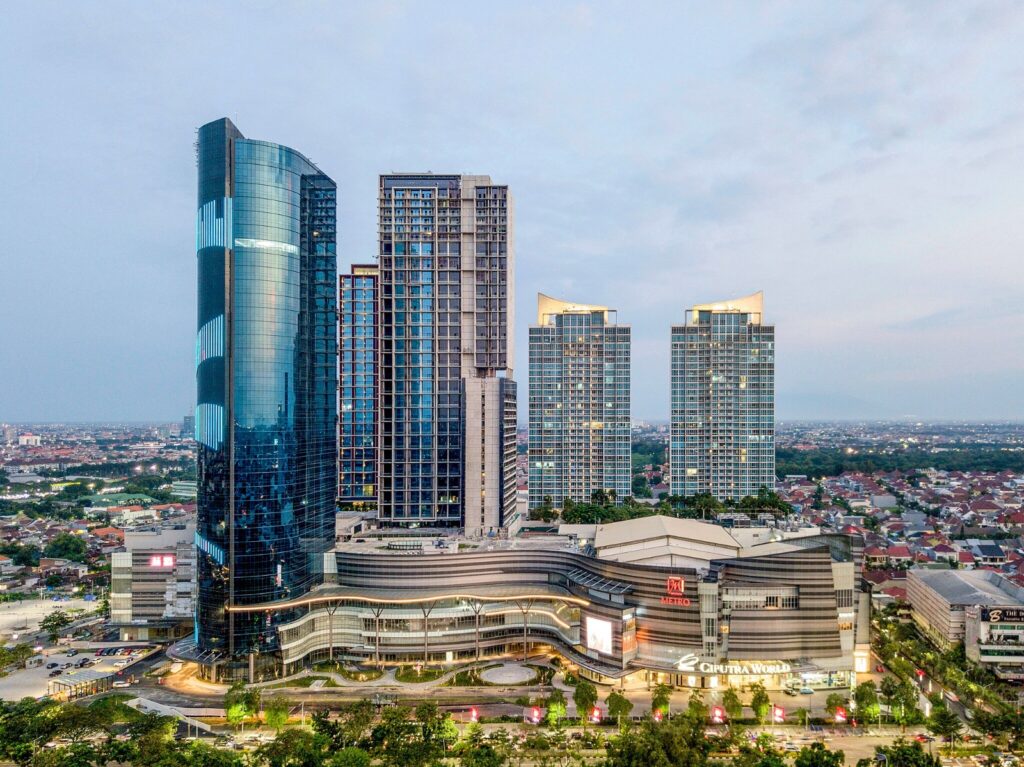
The economic landscape of Surabaya
According to Indonesia Investments, Surabaya’s top six industries in terms of their contribution to the city’s economy in 2017 were: wholesale and retail trade; manufacturing; vehicle and motorcycle repair; accommodation and food services; construction; and information and communication.
These industries accounted for more than 75-percent of the city’s GDP that year. City-Data.com provides similar information on Surabaya’s top industries, noting that wholesale and retail trade, manufacturing, and construction are among the largest contributors to the city’s economy.
ASEAN Briefing specifically notes that Surabaya’s GDP in 2019 was IDR 579.66-trillion, and that the largest contributors to this GDP were wholesale and retail trade (27.75-percent), manufacturing (18.81-percent), and accommodation and food services (16.45-percent). The article also notes that Surabaya is the second-largest city in Indonesia in terms of GDP, after Jakarta.
All three sources mention the importance of Surabaya’s strategic location as a port city with access to international trade routes, as well as the city’s skilled workforce and entrepreneurial culture, as factors contributing to its economic growth and development.
In recent years, Surabaya has also made efforts to promote innovation and entrepreneurship in the city, particularly in the tech sector. In 2019, the city launched the Surabaya Digital Valley, a technology park and start-up incubator aimed at fostering innovation and supporting the growth of the city’s digital economy. This initiative is part of a broader effort to position Surabaya as a leading centre for innovation and technology in Indonesia, building on the city’s existing strengths in trade and commerce. With a supportive ecosystem for start-ups and entrepreneurs, Surabaya is well positioned to attract new talent and investment in the tech sector, further driving the city’s economic growth and development.
The local government of Surabaya has been making serious efforts to attract foreign investments to the region and boost its economy by making it easier to do business. Some of these include tax breaks, streamlined business registration procedures and improved infrastructure. They have established a one-stop service centre for investment to streamline the process, offering a range of services such as business licensing, land acquisition and permits, to expedite the investment process.
The city has also established partnerships with international organizations and foreign governments to attract more investment. For example, Surabaya has signed a Memorandum of Understanding (MoU) with the Japanese government to promote economic cooperation and investment and the city has also been working with the European Union (EU) to develop sustainable urban development projects and attract more EU investment.
Foreign investment in Surabaya has been steadily increasing in recent years, with a total of USD 520.6-million in foreign direct investment (FDI) realized in 2020, according to the Indonesia Investment Coordinating Board (BKPM.) This is an increase from the previous year, despite the challenges posed by the COVID-19 pandemic.
Foreign consulate and embassies
Consulates and embassies can provide a range of essential services for foreign businesses operating in a foreign country such as Indonesia. These services include assistance with visas and work permits, market research and analysis, networking opportunities and advocacy, and support in case of any issues or challenges. Therefore, having consulates and embassies can be critical for foreign businesses to navigate the local market, expand their network, and overcome any obstacles they may face.
Surabaya is home to six consulate generals for diplomatic missions, which is fewer than Jakarta but it is on a par with Denpasar. The consulate generals include those of the United States, China, Japan, and Australia. In addition, Surabaya also has honorary consulates for several countries such as Austria, Belarus, Belgium, Czech Republic, Denmark, East Timor, Finland, France, Germany, Hungary, India, Mongolia, Netherlands, New Zealand, Philippines, Poland, Russia, Slovakia, Sri Lanka, Switzerland, Sweden, Thailand, and the United Kingdom. It’s also worth mentioning that the Taipei Economic and Trade Office in Surabaya represent Taiwan in the city.
The expatriate community in the city
You gotta look for them, but they’re there! Unlike Bali or Jakarta, the expatriate scene in Surabaya isn’t focused in one or two centralised places but is spread across different areas. Nevertheless, Surabaya has a growing expatriate community including professionals working in various sectors such as education, healthcare, hospitality, and manufacturing.
Surabaya is home to several international schools that cater to the educational needs of expatriate families. These schools offer curricula from various countries, including the International Baccalaureate, Cambridge International Examinations, and American curriculum.
The city also has a range of amenities that cater to the needs of the expatriate community, such as international supermarkets, shopping malls, and recreational facilities. Some of the popular areas for expatriates to reside in Surabaya include Pakuwon City, Graha Famili, and CitraLand.
The city also holds events and festivals throughout the year, providing opportunities for expatriates to connect and engage with the local community.
Investments worth looking at in Surabaya
Infrastructure: Surabaya is undergoing significant infrastructure development, with several on-going and planned projects aimed at improving transportation and connectivity. This includes the expansion of the Juanda International Airport, the development of a new seaport terminal, and the construction of several toll roads (source: Invest Islands.)
Manufacturing: Surabaya has a strong manufacturing sector, with a focus on food and beverage processing, textiles, and electronics. The city is home to several industrial estates and has attracted investment from companies such as Unilever, Coca-Cola, and Samsung (source: Indonesia Investment Coordinating Board.)
Tourism: Surabaya is becoming an increasingly popular tourist destination, with attractions such as the House of Sampoerna Museum, Suramadu Bridge, and the traditional Arab quarter. The government has also implemented initiatives aimed at boosting tourism in the city, including the development of new tourist destinations and the improvement of infrastructure (source: Ministry of Tourism and Creative Economy.)
Agriculture: East Java, the province where Surabaya is located, is known for its fertile agricultural land and diverse crops, including rice, vegetables, and fruits. The province is one of the top producers of agricultural products in Indonesia and has attracted investment from companies such as Nestle and Unilever (source: East Java Investment Promotion Centre.)
Technology: Surabaya is home to several technology start-ups, including e-commerce platforms, fintech companies, and digital marketing agencies. The government has implemented initiatives aimed at supporting the growth of the tech industry in the city, including the establishment of a technology park and the provision of funding and incubation support for start-ups (source: The Jakarta Post.)
And finally …
In conclusion, Surabaya is a rapidly growing city with a lot of potential for foreign investment. Its strategic location, well-developed infrastructure, and strong government support make it an attractive destination for businesses looking to expand in Southeast Asia. Additionally, Surabaya’s focus on improving its business climate through regulatory reforms and investment incentives further enhances its appeal. With a young and dynamic population and a thriving economy, Surabaya is poised for continued growth and development in the years to come.
Overall, Surabaya presents a wealth of opportunities for investors looking to enter the Indonesian market and is a city worth considering for anyone looking to do business in the region. If you’d like more information or if you’re interested in setting up a business in Surabaya, get in touch with us via hello@sevenstonesindonesia.com




